On Wednesday, charges were dropped against 80 protestors arrested during a pro-Palestine demonstration at the Art Institute of Chicago in May. The protest, led by students from the School of the Art Institute of Chicago, demanded the university divest from entities financially supporting the Zionist occupation of Palestine.
The protest escalated when the students refused to dismantle an encampment they had established. According to a museum spokesperson, some protestors surrounded and shoved a security officer, stole their keys, blocked emergency exits, and barricaded gates. This prompted the museum to call the police, resulting in 68 arrests on trespassing charges. Despite multiple opportunities to leave, the protestors remained. Shortly after the arrests, the museum requested that charges be dropped.
Peaceful Protest Charges Dropped Amid Controversy
ABC’s Chicago affiliate reported that the Illinois Attorney’s Office decided to drop the charges, citing the protests as peaceful—a view echoed by the museum in their negotiation descriptions. However, a police admiral disputed this characterization, accusing the protestors of vandalism and assault, and alleging physical attacks on several police officers.
Jeffrey Sun, a student protestor, told ABC, “They did not have a case against us; I think on some level they just did not want to actually engage with considering what protesting genocide means.” The museum maintained that commandeering the North Garden, locking gates, and refusing to leave constituted criminal trespassing and would not be tolerated. Ultimately, the decision to drop the charges rested with the Cook County State’s Attorney’s office, who chose not to prosecute the protestors.
The incident highlights the tension between institutions and activists advocating for global justice, with both sides presenting divergent narratives of the events. While the museum emphasized safety and order, the protestors framed their actions within a larger struggle against oppression, reflecting the complex dynamics of contemporary activism.


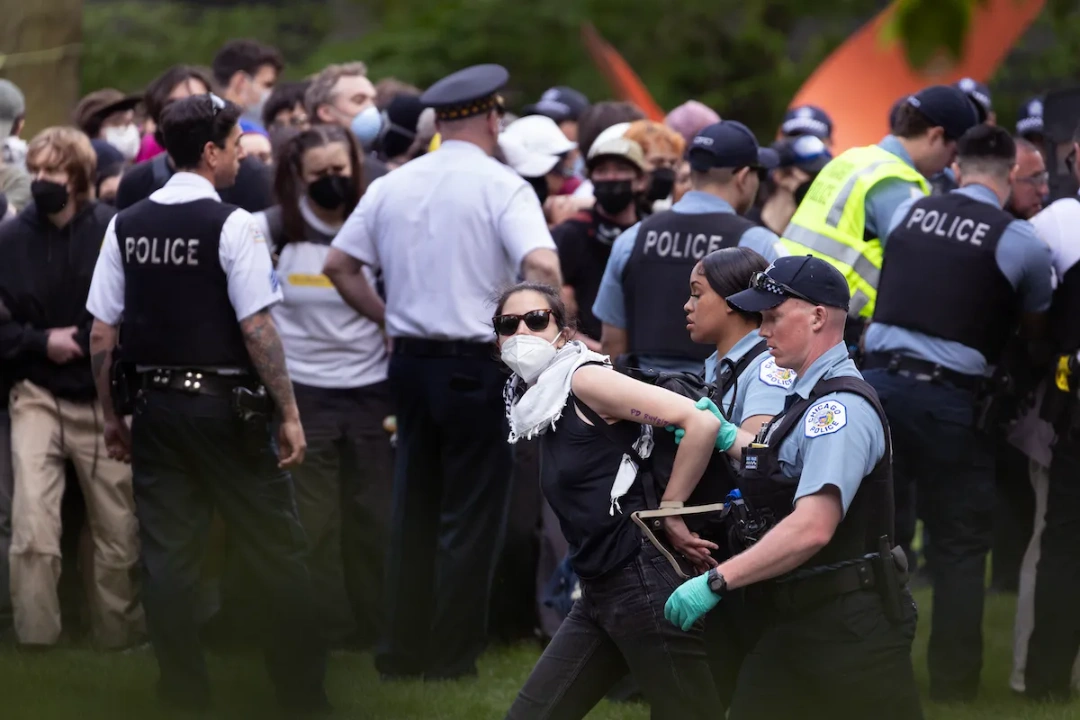
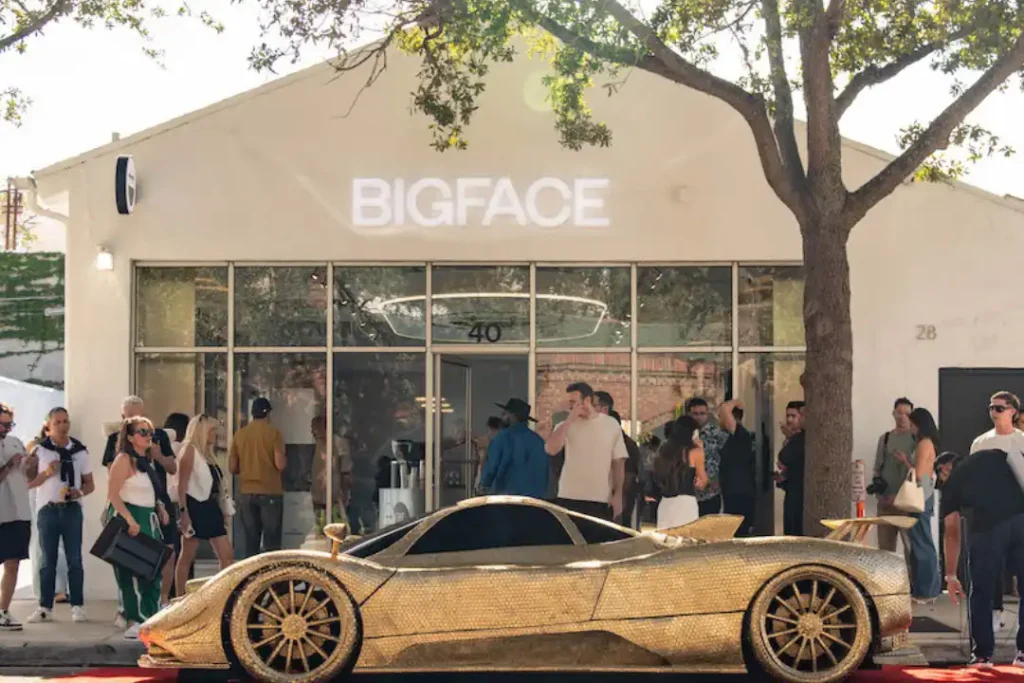


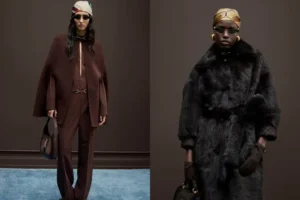

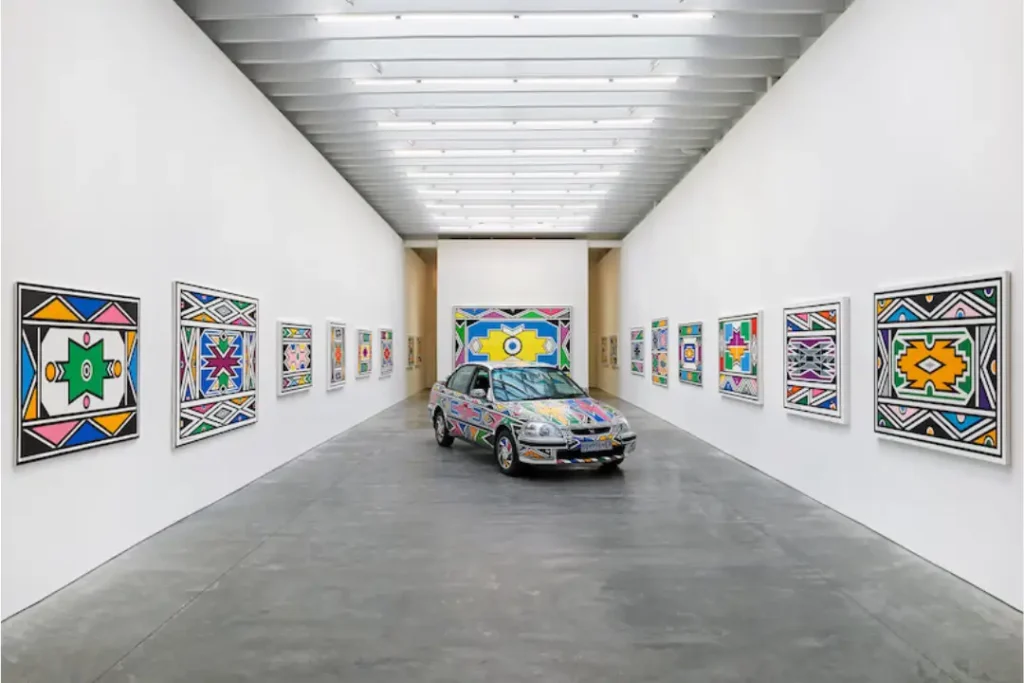
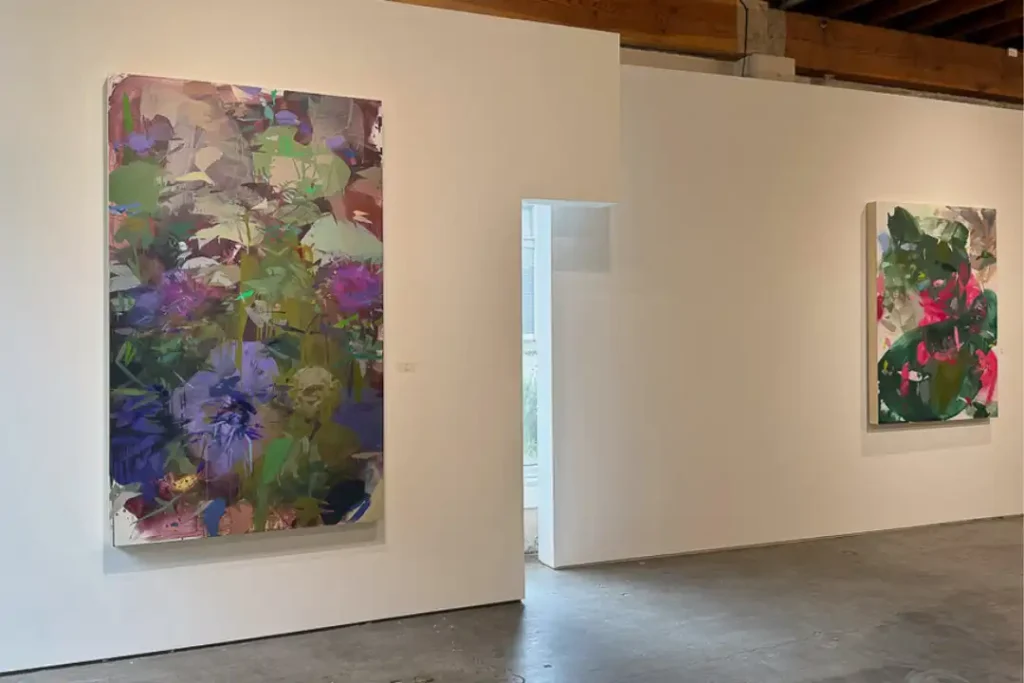
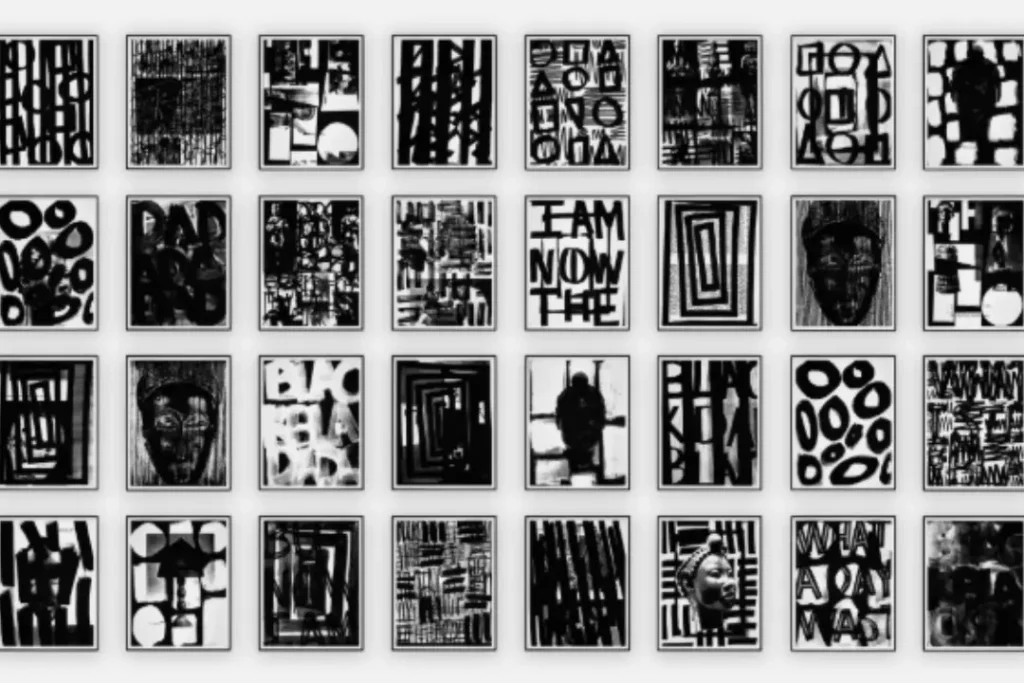
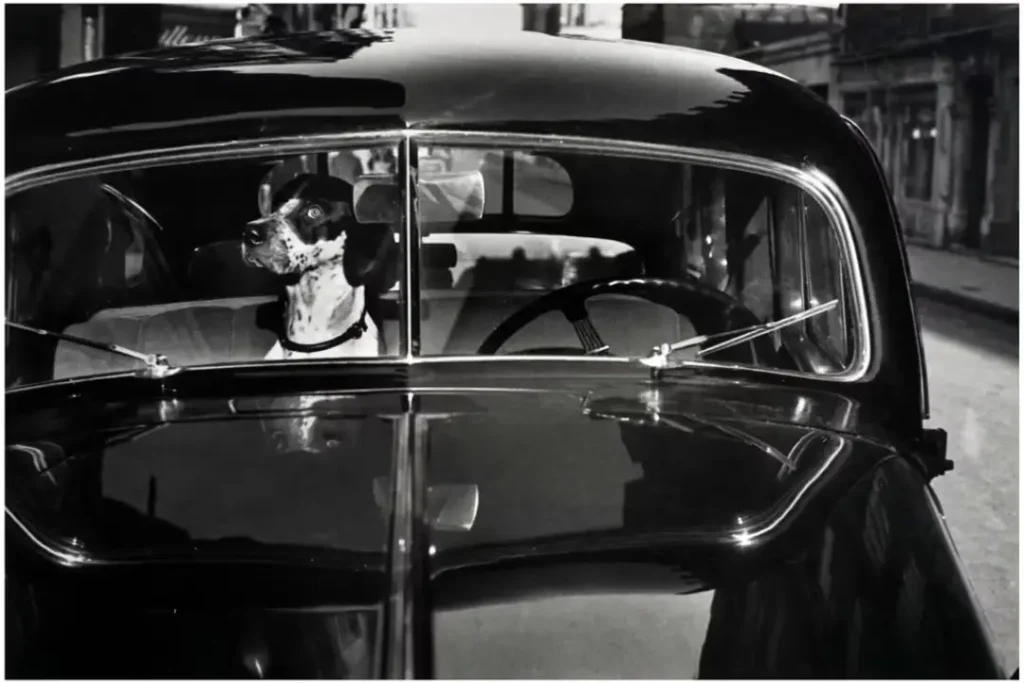

Hebru Brantley Explores “Black Odyssey” at SCOPE Art Show